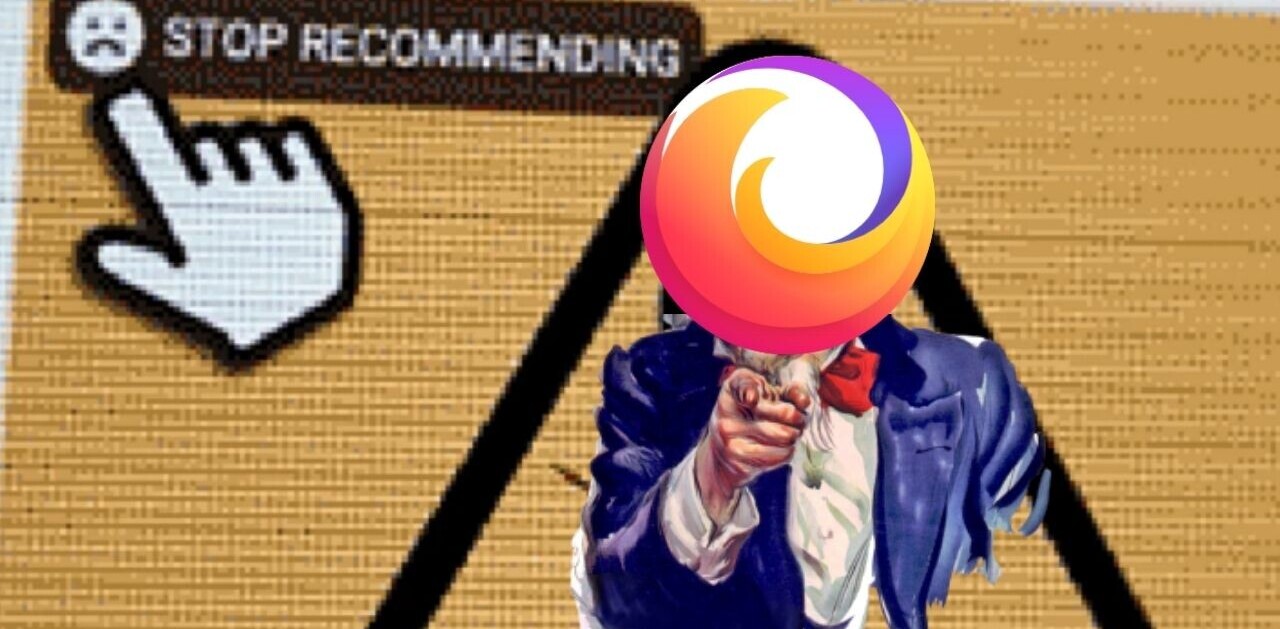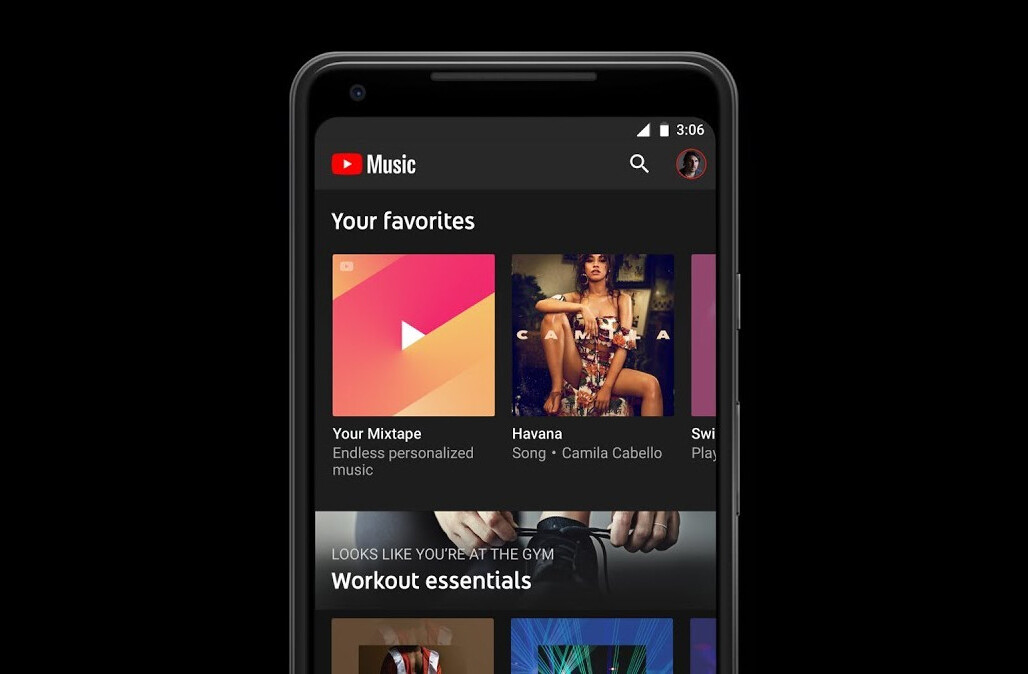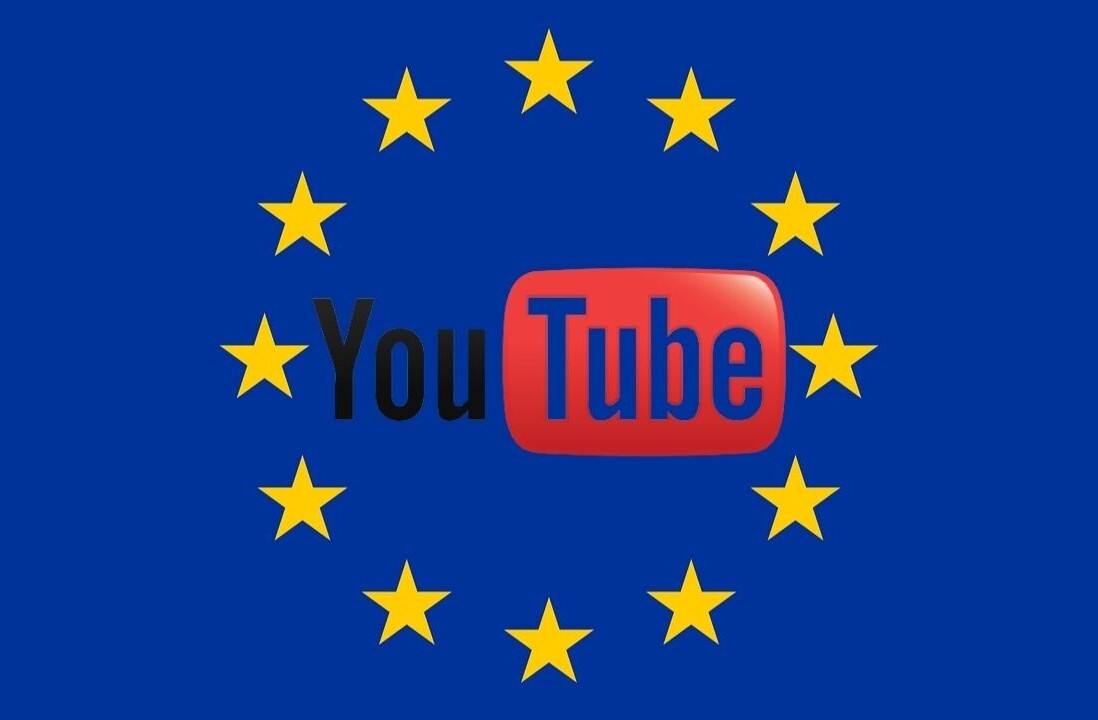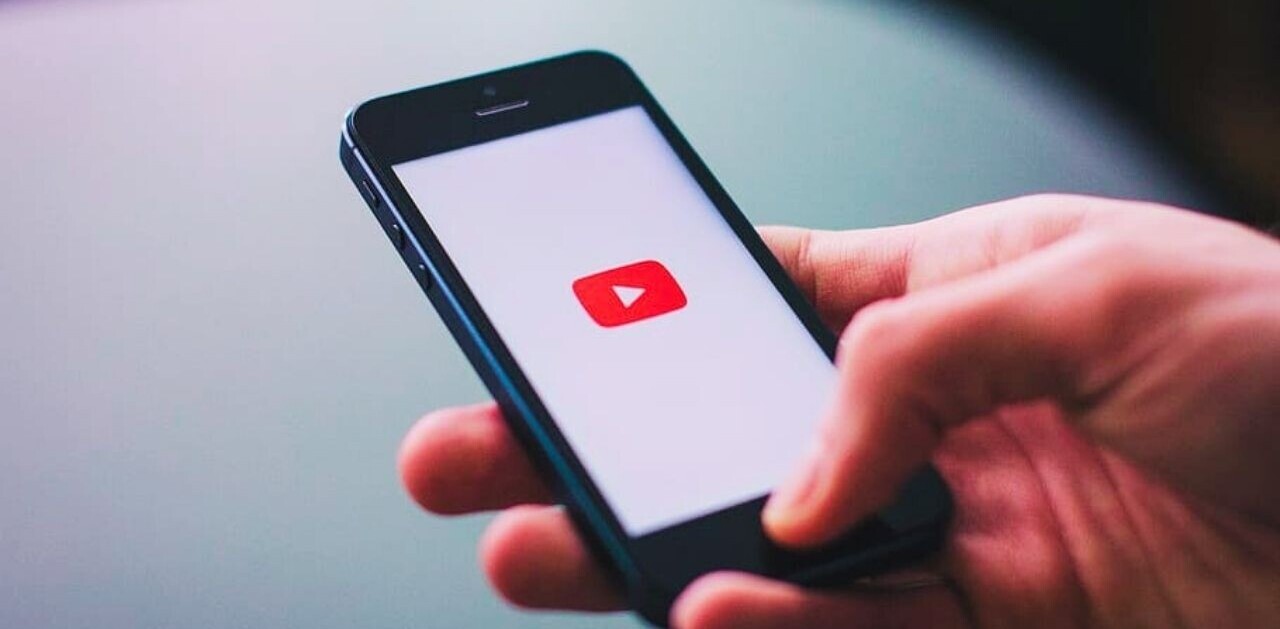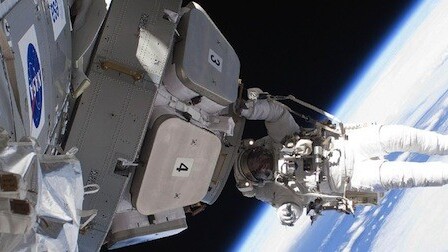
In October, YouTube launched Space Lab, a competition inviting high school students from all over the world to participate. Open to 14 to 18 year olds, Space Lab called on the teenagers to submit a 2 minute video describing a science experiment that can be performed in Space. In November, YouTube extended the deadline by one week, giving students a last-minute chance to submit their videos.
With submissions closed, YouTube has just announced its 60 finalists, hailing from 30 countries worldwide. With the selections made, the task of voting is handed over to the audience. This can be done from YouTube’s Space Lab channel, which has received over 40 million video views since its launch.
The US had the most finalists, with 10 students making it into the next round, followed closely by India with 9. Students from Columbia, Israel, Poland, the UK, Taiwan, Egypt and Bangladesh, among others, were included in the finalists. To find out more about the finalists and their experiments, check out the Space Lab channel videos.
Entries include everything from an experiment in Australia seeing how a beehive operates in zero gravity to a study from Poland analysing the effect of zero gravity on Insulin production.
Voting is open to the YouTube community, and you can vote on each entry once a day. A panel of judges will also have a say in who walks away with the final prize. The panel includes Professor Stephen Hawking and Cirque du Soleil founder Guy Laliberté, as well as Japanese, European and American astronauts.
6 finalists from each region will have the opportunity to go to Washington DC in February to take part in a ZERO-G flight, while 2 global winners will have their experiments live-streamed on YouTube from outer-space, as they’re performed aboard the International Space Station.
“We’re thrilled with the response to YouTube Space Lab,” said Zahaan Bharmal, Google’s Head of Marketing Operations, Europe, Middle East, and Africa. “They rose to the challenge – demonstrating great imagination, creativity and passion with their ideas. Our mission was to inspire the next generation and the response shows, we’ve done just that. Today’s Space Lab entrants are tomorrow’s explorers.”
Get the TNW newsletter
Get the most important tech news in your inbox each week.

